As the global COVID-19 death toll has passed 5.4 million amid a surge in Omicron cases, an expert from the Imperial College London (ICL) said that research on new vaccines and stronger global collaboration may be needed to tackle emerging COVID-19 variants.
"The question about whether there's going to be another variant that is even more transmissible and more infectious than Omicron, we don't know yet," Dr. Katrina Pollock, who leads the COVID-19 vaccine project at the ICL, told Xinhua in an online interview on Thursday.
"I think it's too early to say and that's why we need to have surveillance of these variants and global collaboration so that we can understand what's happening," said the senior clinical research fellow in vaccinology and honorary consultant at the ICL.
Some two years into the pandemic, the death toll from COVID-19 has topped 5.4 million worldwide, amid a total of 296 million cases recorded, according to the World Health Organization (WHO).
"Different viruses have different rates of making new variants, but they are all governed by the same principle which is that the more easily they are to transmit the more you'll see them," Pollock said.
"What we're seeing with Omicron is that it's very infectious, and it makes many copies of itself very quickly. That means that we're seeing very, very high infection rates," she said.
According to WHO data, some 128 countries had reported cases of the Omicron variant as of Dec. 29, 2021.
NEW VACCINE RESEARCH
Asked about whether new vaccines will be needed to tackle highly transmissible new variants, Pollock said that new vaccines may be needed to provide better protection.
"Certainly, with Delta, we were still seeing high vaccine effectiveness in real world studies against the virus. But it's possible that in the future we may need to change the vaccine, there may be some advantage to have a new strain in the vaccine to provide better protection," she said.
"What we really need to see is that vaccines are going to help drive down transmission because that's how we get control over the pandemic," she emphasized.
Early studies showed that more evidence is emerging that the Omicron coronavirus variant is affecting the upper respiratory tract, causing milder symptoms than previous variants.
Pollock said that significant research and development should also be done on developing new and effective treatments such as antivirals and immune modulating treatments.
BETTER PHASE
Asked about whether she was optimistic the pandemic could be over this year, Pollock didn't think so.
"I mean, it would be really wonderful if it were. But we've talked about the new variant and the transmission and the need to get everybody vaccinated. I think this means that we're going to be living with this virus for a while," Pollock said.
"But we have made great strides and amongst all the tragedy, we also have to have some cause for being positive particularly about vaccination, because it is helping avert what would have been a much worse global disaster if we've not been able to make those vaccines," she said.
"In a nutshell, I don't think it's going to be over this year. But I think you know, with the research and the coordinated efforts, we may move to a better phase," she added.
CALL FOR GLOBAL COLLABORATION
Asked about the stronger global measures which should be put in place against new variants of COVID-19, she stressed the importance of ensuring access to vaccines and the primary doses to people and controlling transmission instead of just "controlling severe disease and death."
The WHO has set a target for countries to vaccinate 70 percent of their population by mid-2022. However, the organization said in December last year that 98 countries have not yet vaccinated 40 percent of their population, stressing that about 1.4 billion eligible people need to be urgently immunized.
Pollock highlighted that the most important thing in tackling the pandemic in the long-term was international collaboration.
"As long as we continue to collaborate globally and to break down those doors with scientists, politicians and public health experts, that incredible collaboration effort that started in 2020, I think if that can continue, then we will move as a global population away from the bad situation that we're in now," she said.
"The worst scenario would be if people step away from those kinds of collaborative efforts," she stressed.








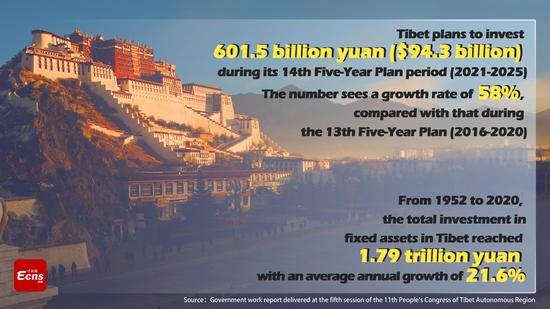




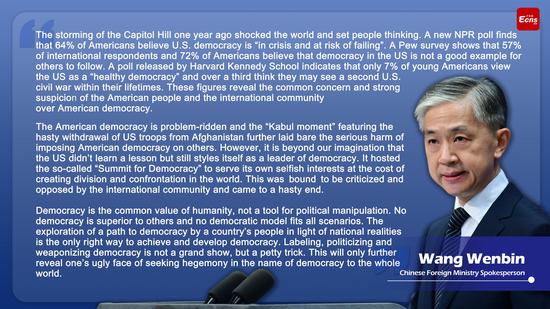



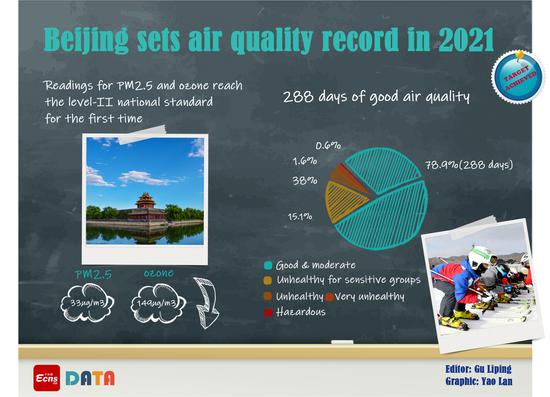





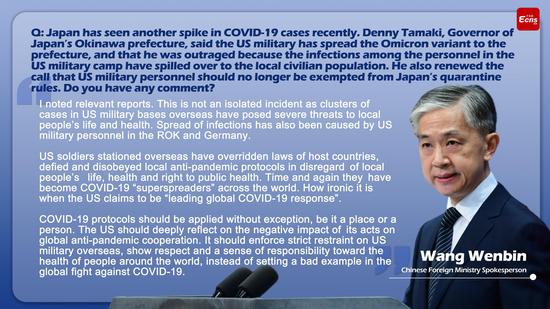







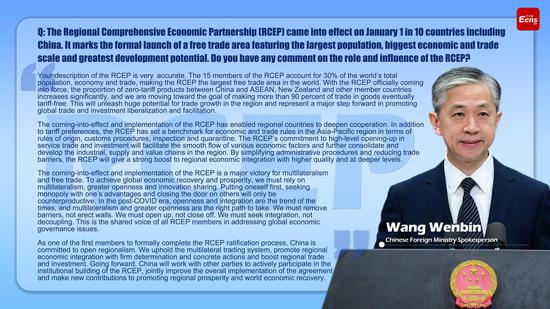


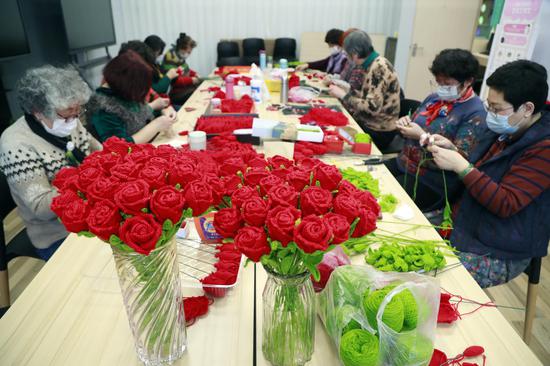




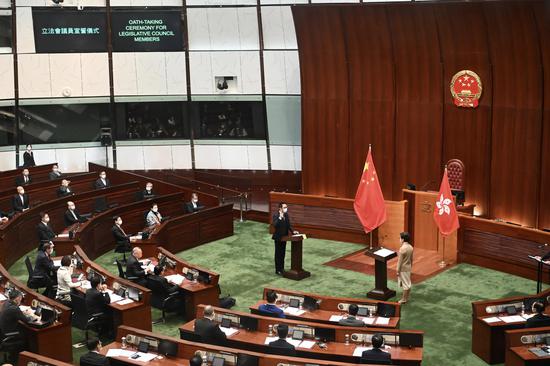
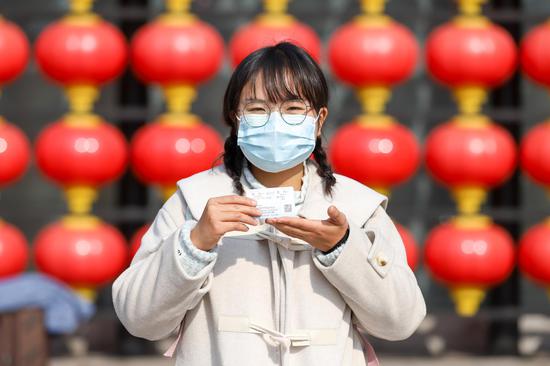









 京公网安备 11010202009201号
京公网安备 11010202009201号